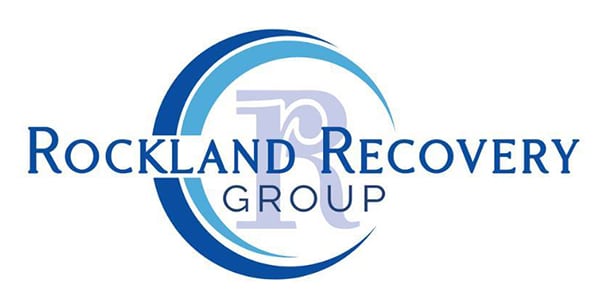Seeking treatment for depression is an important step in reclaiming one’s quality of life. Mental health conditions, including depression, can have a profound and far-reaching effect on every area of a person’s life. It’s important to know that help is available, but finding the best depression treatment center can feel overwhelming, especially when you’re already struggling with depression.
At Rockland Recovery, we want you to know that help is never more than a phone call away at 888-299-4833. The Substance Abuse and Mental Health Services Administration also offers valuable resources for mental health care, including an online provider directory and a National Helpline at 1-800-662-HELP (4357), available 24 hours a day.
Understanding Depression
Depression is a common mental health disorder affecting millions of people around the world. It’s completely normal to have episodes of feeling depressed throughout our lives due to challenging life events. However, this type of depression is typically short-lived, with noticeable symptoms not lasting more than a couple of weeks.
Chronic or clinical depression is different. Instead of brief episodes, chronic depression doesn’t really go away. Even on what might be considered good days, there’s still an underlying feeling of depression. It’s important to understand that depression is a condition that can and should be treated. Living quietly with the symptoms can make depression worse and significantly impact the quality of life.
Symptoms of depression include:
- Feeling intense and lasting sadness
- Feelings of loneliness
- Feeling empty
- Feelings of low self-esteem and worthlessness
- Feeling hopeless about the future
- Changes in sleep habits
- Loss of interest in hobbies and pleasurable activities
- Fatigue and low energy
- Inability to focus
- Changes in appetite or weight
- Thoughts of death or suicide (contact 911 or seek help immediately)
These are all signs that help is needed for depression. There are multiple avenues for receiving mental health care, including finding effective depression treatment at a mental health recovery center.
Inpatient vs. outpatient Depression Programs
Treatment for clinical depression begins with a formal diagnosis and considering factors that may contribute to depression. The next step is to develop a plan using holistic, evidence-based mental health treatment options. Depression therapy centers may offer inpatient or outpatient treatment, depending on the severity of depression and the individual’s needs.
Inpatient depression treatment takes place in a residential-style treatment center. In this setting, there is care and monitoring 24 hours a day, with a dedicated, intensive approach to depression treatment during the stay. Inpatient depression treatment is best suited for individuals whose depression has led to thoughts of suicide, feels out of control, or has otherwise significantly affected their lives.
Another option is outpatient depression treatment. There is a broad range of treatment styles available, from day programs like partial hospitalization to less intensive approaches or gender-focused mental health care.
When choosing a depression treatment center, you should consider if inpatient or outpatient treatment is what’s best for you or your loved one at this stage of recovery. This decision should be first based on the severity of depression and how significantly it is impacting quality of life. It’s also important to consider how treatment best fits into your lifestyle, including work and life obligations.
The best depression treatment centers will help you find the most effective plan. For many, this involves a continuum of care for depression treatment that begins with an intensive approach and gradually tapers to a more supportive role as healing and recovery take place.
How to Find the Best Depression Treatment Center
When seeking the best depression treatment center, it’s important to consider various factors to ensure you receive the highest quality care. The right center should offer a holistic approach that addresses not just the symptoms but also the underlying causes of depression. This comprehensive care can significantly improve the chances of a successful recovery and long-term well-being.
Comprehensive Depression Care
Depression treatment needs to be personalized to the individual, which means the depression treatment center you choose should offer a comprehensive range of treatments and therapies. Examples of care that you’ll find in a depression treatment center like Rockland Recovery include Trauma-Informed Therapy, Cognitive Behavioral Therapy, Dialectical Behavioral Therapy, and group therapy for depression.
Continuum of Care
Inpatient treatment for depression is a wonderful, effective option for many people. However, outpatient treatments may be better suited for you. The best depression treatment center will offer a continuum of care that helps to carry you from an initial level of intensive treatment all the way through your healing journey.
Staff & Reputation
The quality of the depression treatment center you choose will significantly impact your life. It’s important to spend a little time researching the reputation of the treatment centers near you and learning all that you can about the staff, their qualifications, and their experience in treating depression.
Personalized Depression Treatment in Massachusetts
Your mental health is important, and you deserve the best care and depression treatment possible. At Rockland Recovery, our team is dedicated to providing each person with the evidence-based, compassionate treatment for depression they need.
If you’d like to know more about how Rockland Recovery can help you heal from depression, contact us today at 888-299-4833.




